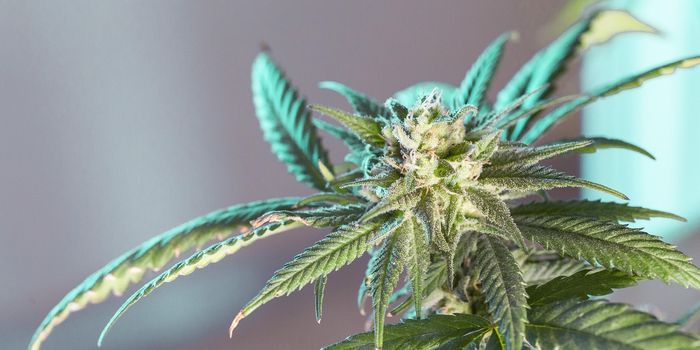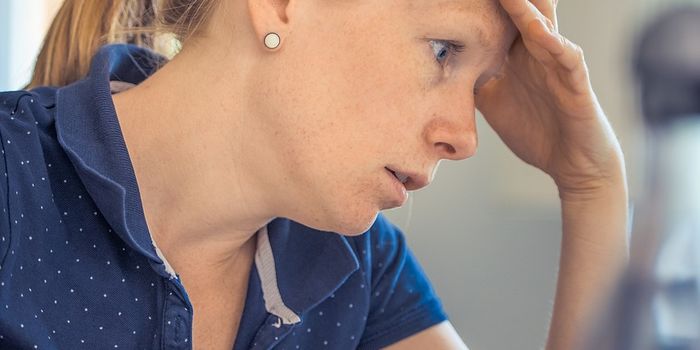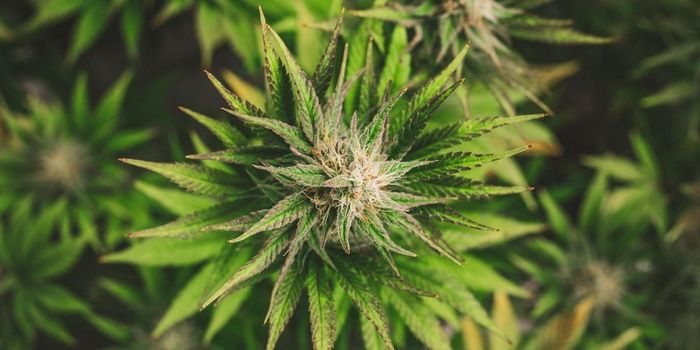Financial Incentive Influences Decision to Help for Less Empathic Individuals
A highly empathic person tends to help a person in need willingly, but what about those individuals with low empathy? A study found individuals with comparatively low levels of empathy behave in a pro-social manner when offered financial incentive. The study published in Social Neuroscience examined how financial incentives promote egotistical versus empathic-driven decisions when choosing between personal gain and the gain of another person.
Without an incentive, people usually help others based on empathy, but this study showed egoistic motivation influences empathy-driven decisions. Study author Grit Hein explained, “People who help on the basis of an empathic motivation strive to increase the wellbeing of the other person, irrespective of a potential reward. In the case of an egoistic motive, the benefit for others is only a byproduct.” The person with low empathy prioritizes their needs over those of others.
The participants were asked to make decisions that favored themselves or another person by using a point allocation system. The researchers used functional magnetic resonance imaging (fMRI) to record neural responses. The researchers used drift-diffusion modeling (DDM) to analyze data in order to determine how empathy alone or coupled with a financial incentive influences the decision-making process. For example, it can reveal data about the speed and efficiency of a decision or when a person’s preference also switches in favor of an egoistic decision or a prosocial decision.
One task required participants to allocate points after witnessing the other person in an unfortunate situation. In particular, the participants witness the other person experiencing a painful shock to the back of the hand. The second task required the participants to observe pain stimulation in the other person and were promised a bonus if they “helped” by distributing points fairly.
The results indicated that a financial bonus increases the efficiency of decision making favoring another person, but not in participants with high empathy. This effect was also observed on the neural level. The bonus increased neural activation in the anterior insula in brains of individuals with low empathy. People with high empathy did not show similar activity in the brain region associated with the processing of empathy.
Sources:
Eureka News Alert, Social Neuroscience, Universität Würzburg








